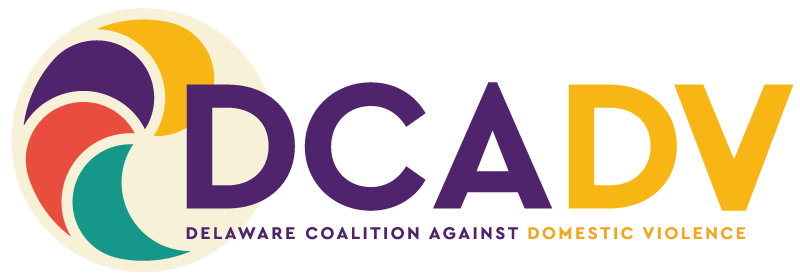
Frequently Asked Questions
Safety, Respect, and Equality are the foundations of any healthy relationship with friends, family, classmates, romantic partners, neighbors, or followers on social media.
How do I know if my relationship is unhealthy or unsafe?
All relationships have their ups and downs. But, we all deserve to be respected and feel safe. Relationships that are not healthy are based on power and control rather than equality and respect. At first, it may seem like unhealthy behaviors are not a big deal. However, jealousy, possessiveness, insults, humiliation, yelling, using force or other abusive behaviors, are common tactics of power and control. If you think your relationship is unhealthy, it’s important to think about your safety, including reaching out to your support systems or connecting with hotlines to talk through your situation.
I’m confused and not sure of what help I need or if I even need help, what should I do?
It is very common to be unsure or confused about what to do. Dating abuse and relationship issues can be difficult to navigate and hard topics to discuss. Getting support can be really helpful. There are 24/7 hotlines staffed by trained advocates who are available to help. You don’t need to have everything figured out or be certain about what is going on in your relationship. Hotline staff are available anytime and will keep conversations completely confidential. There are also great resources that provide information on warning signs for unhealthy relationships.
I’m worried about a friend, what can I do to help?
When we suspect someone we care about is in an unsafe or unhealthy relationship, it can feel confusing or difficult to know how to help. People experiencing abuse often feel alone and ashamed, so just letting them know you care for them and support them can be an important first step. There are also great resources with tips and tools for supporting friends and loved ones as well as 24/7 hotlines to connect with trained professionals for information and support.
I am a teacher, counselor, nurse…. who works with teens. Where can I get information to share with the youth I work with?
Youth experiencing relationship abuse can often feel confused, isolated and ashamed. As caring adults, you may be a critical source of safety and support. But, it can be hard to know what to say or do. Fortunately, there are great resources and materials available to provide information for you and to share and use with the youth you work with. The 24/7 hotlines are also great resources for connecting with trained professionals to talk through specific situations or to just gain more information on services and supports available.

